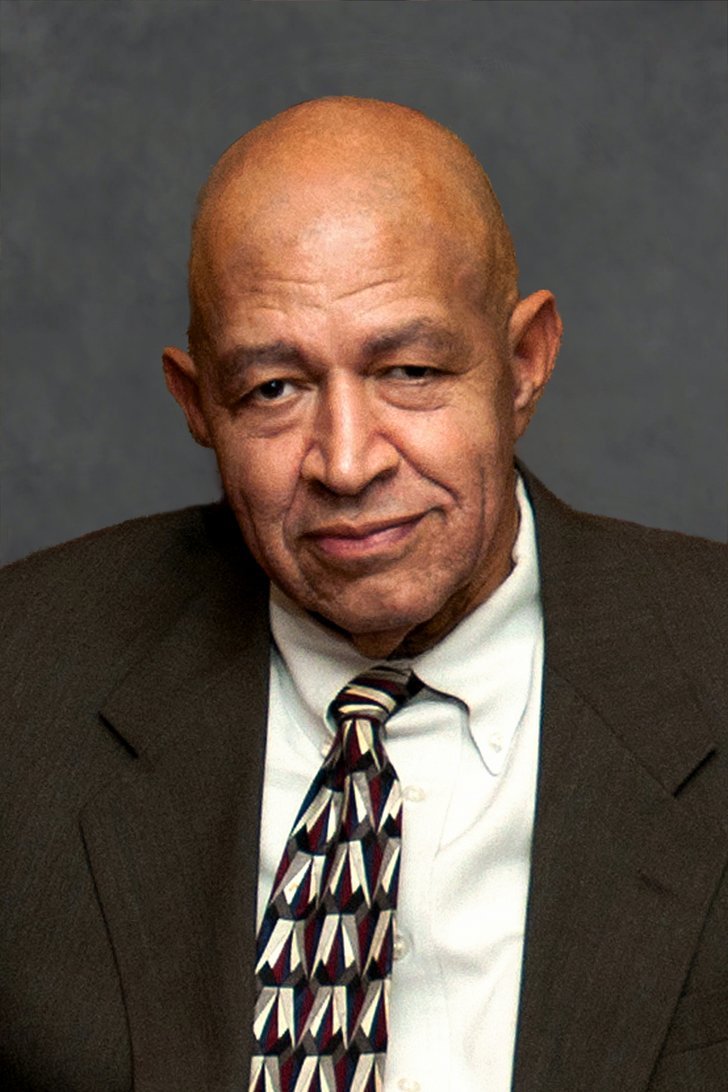King: The Great Stumbling Block
“I have almost reached the regrettable conclusion that the Negro’s great stumbling block in the stride toward freedom is not the White Citizen’s Counciler or Ku Klux Klanner, but the white moderate more devoted to ‘order’ than to justice; who prefers a negative peace which is the absence of tension to a positive peace of justice; who says, ‘I agree with you in the goal you seek, but I can’t agree with your methods of direct action; who paternalistically feels he can set the timetable for another man’s freedom; who lives by the myth of time and who constantly advises the Negro to wait until a ‘more convenient season.’”—Martin Luther King, Jr., “Letter from Birmingham Jail,” April 16, 1963.
The Atlantic
I repeat part of the message from MLK this morning, for this letter from jail still speaks so profoundly to us in another century. We live in a time of paradox that continually shuttles us between “be patient” and “time to act.” How do we know which to do? Part of MLK’s message is that what is a “more convenient season” for one is not so for another. Most of us do not understand what it is like to walk in the shoes of those who have been oppressed for years, even centuries. Yet, I also know that in my life, if I wait for the “most convenient time,” that time will never be, never happen.
When is the most convenient time to get married, have children, tell the truth, visit the sick, go to church, write, read, go on vacation, or retire? I remember what a friend early in my recovery said at a 12-step meeting many years ago: “I am all right as long as I have all my ducks in a row.” Well, my experience is that those ducks never perfectly line up in a row! There is always some inconvenience that will keep our ducks in disarray and prevent us from doing anything we know is the next right thing we feel called to do.
We try to find “the most convenient time” to pray, meditate, and be silent. But, there is always some reason that something else should be done instead, especially marking off the other things on our to-do list for the day.
We are called to “make time” for these things by deciding on priorities. We know this, but the doing is the hard part.
So, we want to thank MLK today for putting us in our place, reminding us to listen more carefully to the cries of the oppressed, to the parts of ourselves oppressed—and the details of the needy, just like ourselves, who come for spiritual direction. We are called to listen, listen, and reach out, even at the most inconvenient times.
Joanna https://www.joannaseibert.com/


